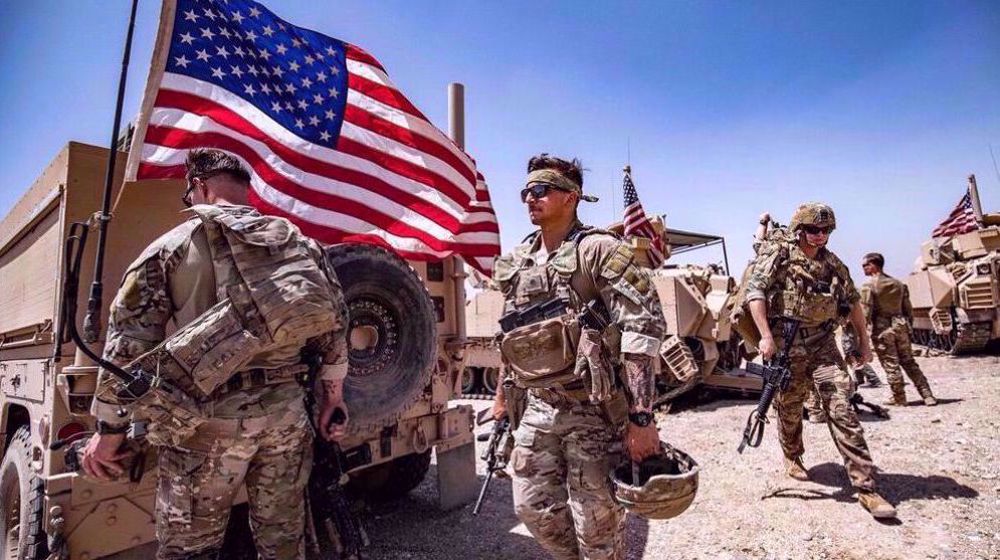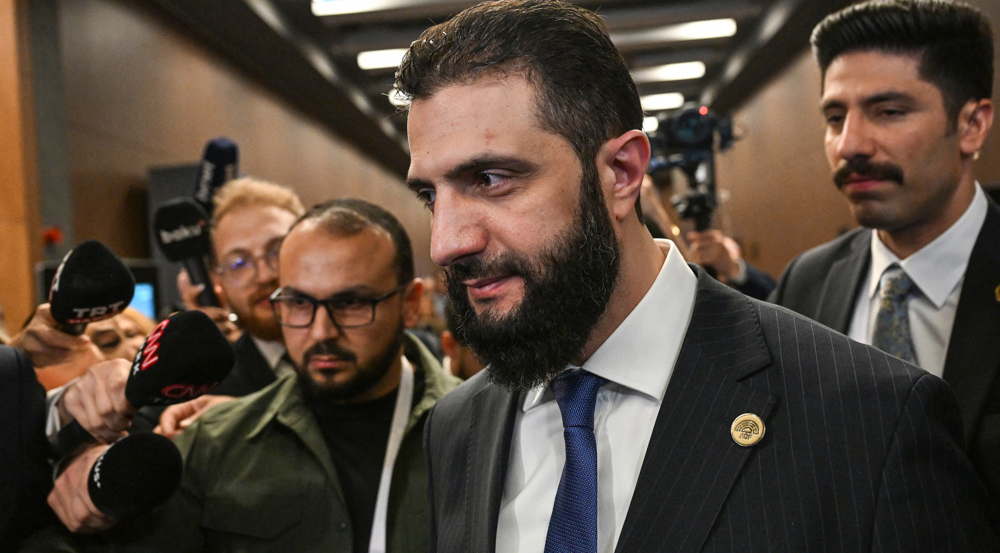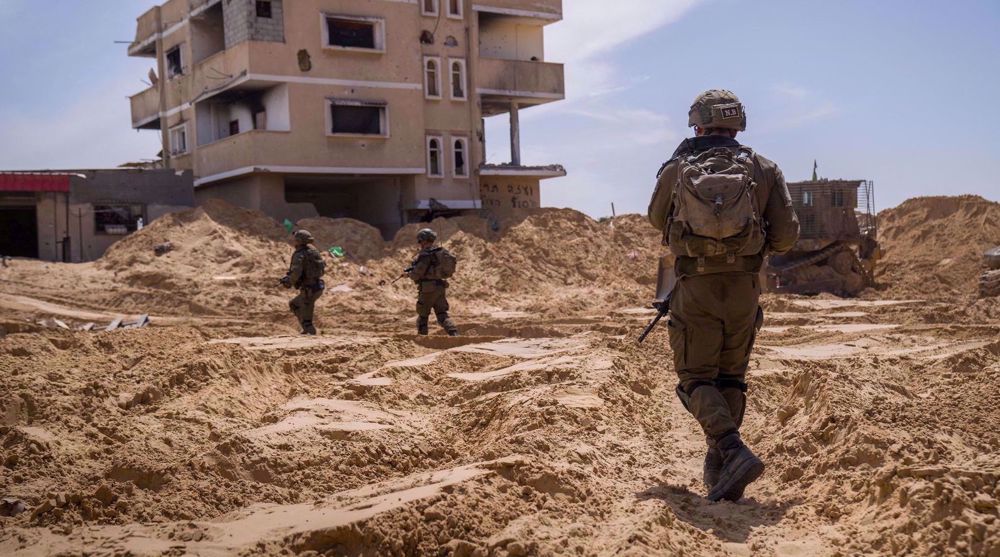Former ISIL hostage reveals psychological, physical torture
A former hostage held in Syria by Takfiri ISIL terrorists for over six months has spoken of his sufferings in captivity, including psychological and physical torture, and mock executions.
ISIL executioner Mohammed Emwazi, also known as “Jihadi John,” played a key role in the mock executions, Spanish journalist Javier Espinosa wrote in the recent issue of The Sunday Times newspaper.
"He (Emwazi) caressed my neck with the blade but kept talking: 'Feel it? Cold, isn't it? Can you imagine the pain you'll feel when it cuts? Unimaginable pain,'" Espinosa wrote.

The journalist added that Emwazi continued to describe the beheading exactly and explained where he would place the decapitated head after the execution.
“The first hit will sever your veins. … Second blow opens your neck. … You’d make some amusing guttural sounds – I’ve seen it before, you all squirm like animals, like pigs. The third blow will take off your head. I’d put it on your back,” he quoted Emwazi as saying.
According to the former hostage, Emwazi had also carried out another mock execution on the Spaniard by pointing an unloaded pistol at his head and pulling the trigger three times.
The hostages at the terrorists’ hands suffered “several episodes of psychological and physical torture, privations and humiliations,” Espinosa said.
Espinosa, a Middle East correspondent for Spain’s El Mundo newspaper, and freelance photographer Ricardo Garcia Vilanova, were abducted at a checkpoint near the Syrian border with Turkey in September 2013 while trying to leave Syria after a two-week mission.
They were released in March last year after the Spanish government reportedly paid a sum of ransom to the ISIL terror group.

The ISIL terrorists have beheaded a number of foreigners, including aid workers and journalists from the United States Britain and Japan, and 21 Egyptian Coptic Christians.
They use hostage-taking and demanding ransom money for the captives’ release as a technique to provide part of the financial resources needed to continue their heinous crimes.
The group received as much as USD 45 million in ransoms in the past year, a UN expert says.
Yotsna Lalji, a United Nations expert monitoring sanctions against al-Qaeda, warned during a meeting of the UN Security Council's counter-terrorism committee in November 2014 that kidnapping for ransom by the ISIL and other terrorist groups continues to grow.
MSM/NN/HRB

US military to reduce Syria troops to under 1,000: Pentagon

Jolani in Time's 2025 influential list amid sectarian killings in Syria

Israeli minister: Troops to remain in Gaza, Lebanon, Syria ‘indefinitely’
VIDEO | Demonstrators in Britain’s Essex rally against Israel’s genocidal war on Gaza
VIDEO | More nationwide ‘50501’ protests against Trump’s agenda
VIDEO | US airstrikes devastate Yemen’s Ras Isa port
Iran Army possesses ‘ultra-secret, AI-powered’ weapons; enemy has no chance to survive: Cmdr.
VIDEO | 2nd round of indirect Iran-US talks wraps up in Rome
‘Rome talks made progress on principles of ‘likely deal’; optimism warranted but with great caution’
We bypass politicians and go straight to aggressors: Palestine Action co-founder
VIDEO | Indirect Iran-US talks







 This makes it easy to access the Press TV website
This makes it easy to access the Press TV website